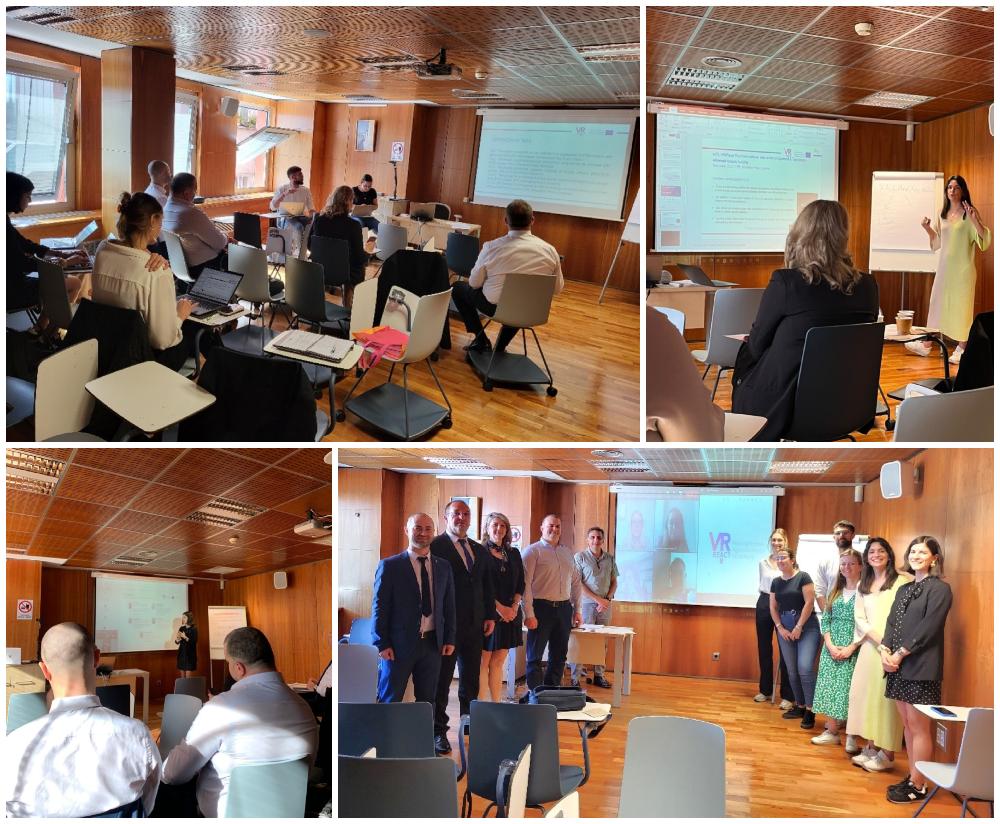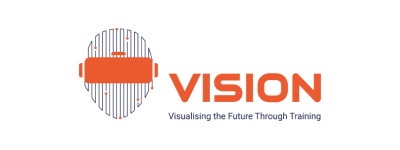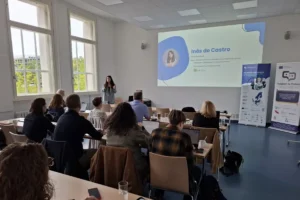Considering the promising results of VR-based interventions, a consortium of eight European organisations is working on applying the technology to tackle reactive aggression in prison settings. The initiative aims to use VR to provide aggression regulation training for people in custody and to develop and practice the response competencies of prison guards.
Reactive aggression is a significant public health concern. It is typically triggered in response to threat, danger, provocation, or frustration, and is often accompanied by intense feelings of anger and rage. This type of aggression is not pre-planned and is usually followed by feelings of remorse.
Research indicates that institutional prison factors, such as overcrowding, lack of staff, and insufficient psychological support, counselling, and treatment, are significantly associated with levels of misconduct, infractions, and violence. Despite this, the rates of aggression and conflicts in prison are frequently unreported, essentially due to their clandestine nature, being easily overlooked or underestimated.
Therefore, aggression regulation is not only a precondition for the successful release and reintegration of inmates but also for preventing misconduct and victimisation, within prison settings.
The VR4React proposal: A two-front solution to tackle reactive aggression in prisons
Aggression regulation is considered a main intervention goal in forensic settings, yet there is a significant lack of effective interventions for these populations, along with a lack of training for prison professionals.
Reactive aggressive individuals often have a distorted perception of reality and struggle to control their reactions, easily engaging in aggressive behaviours driven by anger and rage. Therefore, it is crucial to offer them effective training to acquire and practice prosocial thoughts and behaviours.
VR4React is a project that specifically aims to address the need for prosocial training by developing an innovative methodology that utilises Virtual Reality (VR). VR will serve as a primary intervention and training tool providing a safe and controlled environment for individuals to enhance their prosocial skills The effectiveness of VR-enhanced training as an asset in treatment has been well-established, making it an ideal platform for this purpose.
Another aspect of the prison environment is that inmate misconduct tends to increase the risk of injury and stress for prison officers, ultimately leading to high rates of absenteeism, job dissatisfaction, and staff turnover. Hence, VR4React also aims to enhance prison officers’ cognitive and behavioural strategies to effectively respond to, manage, and prevent reactive aggression (i.e., de-escalation tactics; practical intervention strategies; rehabilitation support).
The training will employ a blended-learning approach, starting with an e-learning course to provide theoretical knowledge, followed by VR-enhanced training where participants can practice and improve their newly acquired skills in a realistic environment without major risks.

The project has officially initiated with a planning meeting to structure the project’s development, including the outcomes and tasks to be accomplished by each partner. The partnership identified potential challenges that may arise and discussed strategies to mitigate them. Each partner’s roles and responsibilities were also reviewed and clarified to ensure smooth collaboration and successful project implementation.
The meeting played a critical role in establishing a clear understanding of the current status and direction of VR4React, paving the way for a focused and effective approach to project development, management and completion.
Looking ahead, the VR4React project is now moving forward with the development of a comprehensive framework and laying a solid foundation for the planned interventions. These initial steps are critical to establishing an effective methodology able to address reactive aggression in prison settings.
Learn more about this project

VR4React
Reducing Reactive Aggression through Virtual Reality
The VR4React partnership is led by the University Rey Juan Carlos (Spain), and is partnered by organisations from Portugal (IPS_Innovative Prison Systems), North Macedonia (Faculty of Security, University of Bitola), Greece (KMOP – Education and Innovation Hub), the Republic of Moldova (National Administration of Penitentiaries), Romania (Baia Mare Penitentiary), Poland (Polish Platform for Homeland Security), and Turkey (Ankara Probation Directorate).
More Rehabilitation, Reintegration and Community Projects

VR4DRUG Rehab
Developing and Using Virtual Reality Technology for the Rehabilitation of Drug Users in Probation Services

VISION
Visualising the Future Through Training

ViRTI
Virtual reality for training inmates

Turning Blue
Integrating Young Offenders Through the Blue Economy

TRIANGLE
Secured digital education system for vocational skills for youngsters in closed institutions

TRAIVR
Training of Refugee Offenders by Virtual Reality
Related news

Presenting resources for victims and practitioners at European meeting on responses to hate-motivated harm
Read More »
Shaping the future of rehabilitation with immersive tools and smart systems at ICPA 2025
Read More »
IPS showcases virtual reality solutions for skills development and stress management at Berlin workshop
Read More »


